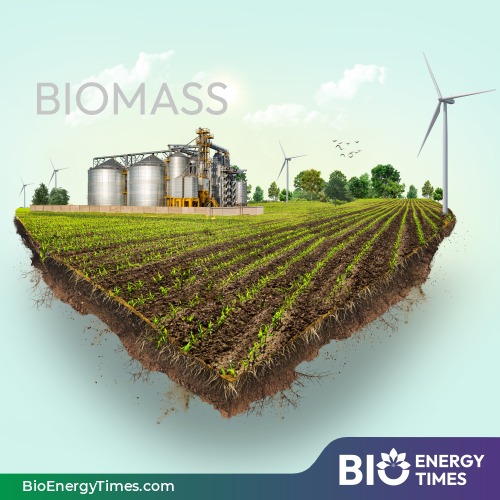Programme Agreement Signed with Reliance New Energy Battery Limited for 10 GWh capacity under the PLI for Advanced Chemistry Cell Scheme
In a significant advancement for India’s advanced battery manufacturing industry, the Ministry of Heavy Industries (MHI) of the Government of India signed a Programme Agreement with Reliance New Energy Battery Limited (a subsidiary of Reliance Industries Limited) on February 17, 2025, under the Production Linked Incentive (PLI) Scheme for Advanced Chemistry Cells (ACC). This agreement grants Reliance New Energy Battery Limited a 10 GWh ACC capacity after a competitive global tender process, making it eligible for incentives under India’s ₹ 18,100 crore PLI ACC scheme.
This agreement marks another important milestone in the rollout of the technology-neutral PLI Scheme under the “National Programme on Advanced Chemistry Cell (ACC) Battery Storage,” which was approved by the Cabinet in May 2021. With a total budget of ₹18,100 crore, the initiative aims to achieve a manufacturing capacity of 50 GWh. With this new agreement, a total of 40 GWh capacity has now been allocated to four beneficiary firms, out of the 50 GWh capacity available. In the first round of bidding held in March 2022, three firms received a combined capacity of 30 GWh, with their Programme Agreements signed in July 2022.
During the signing ceremony, senior officials from MHI highlighted that the PLI ACC Scheme is designed to enhance local value creation while ensuring that battery manufacturing in India remains globally competitive. The scheme offers flexibility to firms to choose the most appropriate technology and inputs for setting up advanced ACC manufacturing facilities, with a focus on the electric vehicle (EV) and renewable energy storage sectors.
In parallel with the PLI ACC scheme, the Union Budget for FY2025-26 introduced a series of transformative measures aimed at accelerating domestic battery manufacturing and supporting the growth of the e-mobility sector. Notably, the Budget exempted 35 additional Capital Goods for EV battery manufacturing from Basic Customs Duty (BCD), a strategic move to increase the production of lithium-ion batteries in India. Additionally, the Budget’s emphasis on strengthening domestic manufacturing and promoting value addition reinforces the vision of building a robust, self-sufficient advanced battery ecosystem.
The Ministry of Heavy Industries continues to focus on fostering innovation, developing a strong domestic supply chain, and attracting substantial Foreign Direct Investment (FDI)—key components in realizing India’s strategic goals for sustainable development and self-reliance. This government initiative has already served as a catalyst for Indian cell manufacturers, with more than 10 companies having begun setting up over 100 GWh of additional capacity, in addition to the PLI beneficiaries.
(Source: PIB)
For detailed information and further insights, please refer to BioEnergyTimes.com, which provides the latest news about the Biomass Industry














